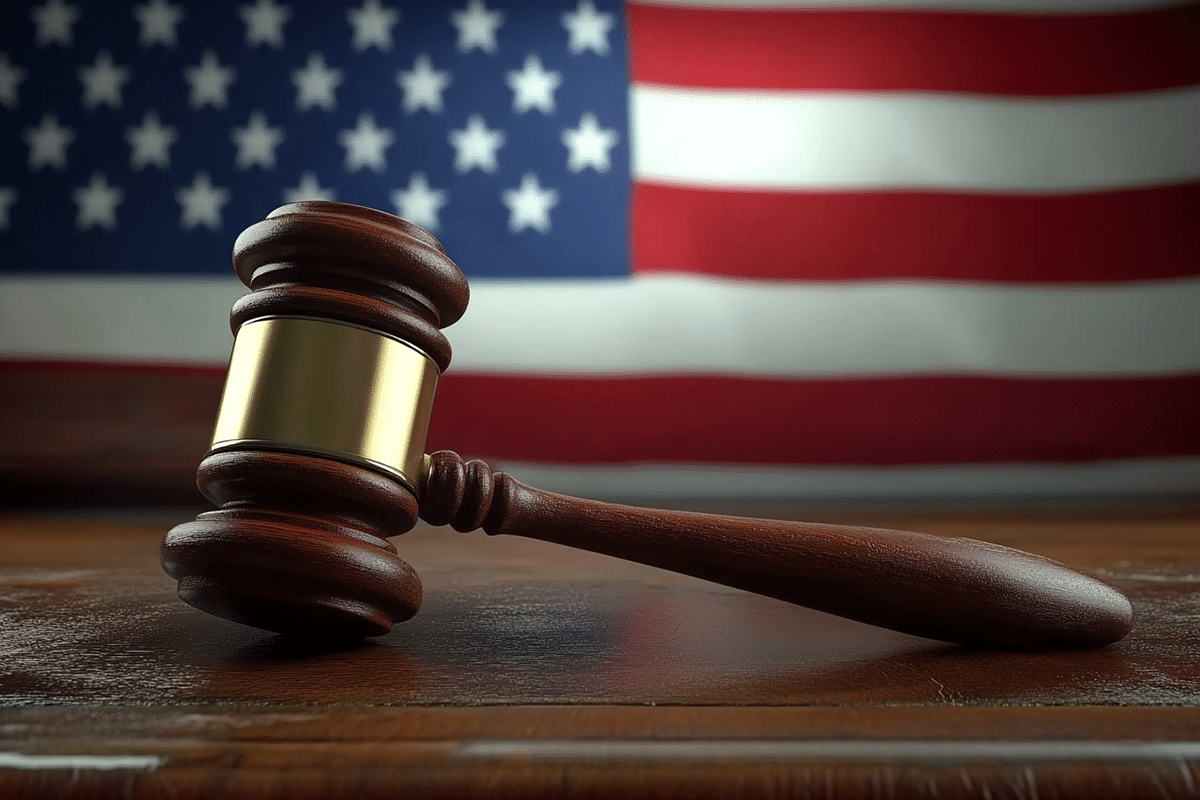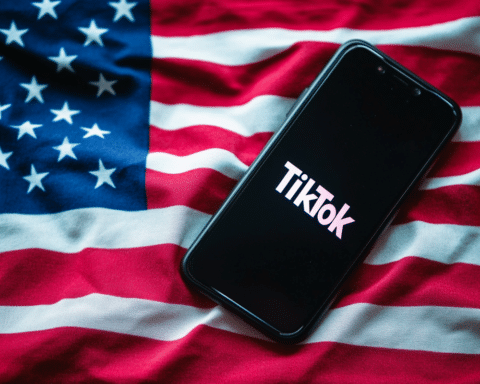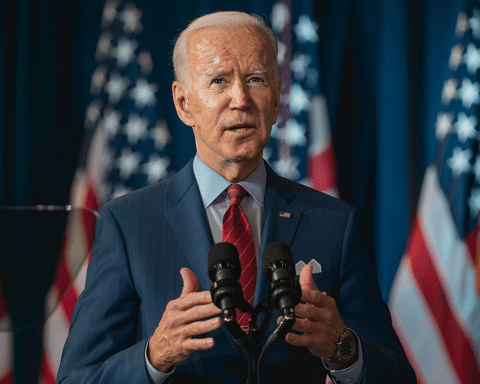TikTok and its Chinese parent company ByteDance are seeking to delay enforcement of a US law that could force the app’s ban by January 19, 2024. The companies filed an emergency motion with the US Court of Appeals for the District of Columbia after a recent ruling upheld the law requiring ByteDance to divest TikTok or face a shutdown in the United States. With over 170 million American users, TikTok’s potential ban raises concerns about its impact on free speech and content creators across the country.
The companies argue that delaying enforcement is critical while they pursue a review by the US Supreme Court. ByteDance claims there is a strong chance the Supreme Court could reverse the decision, making a temporary pause necessary for further deliberation. Without the delay, the law would effectively silence one of the nation’s largest social platforms and disrupt millions of users just before a presidential inauguration.
The law, upheld by a three-judge panel last week, grants the US government broad powers to ban foreign-owned apps over data security concerns. Critics argue that TikTok’s Chinese ownership could allow the Chinese government access to Americans’ personal data, posing a national security threat. This legal battle is part of a broader US effort to regulate foreign tech companies, with potential implications for other platforms like Tencent-owned WeChat.
TikTok’s future in the US may depend on decisions from both the current and incoming presidential administrations. President Joe Biden could grant ByteDance a 90-day extension to complete a divestiture, potentially averting a ban. However, ByteDance must demonstrate significant progress toward compliance, a challenging task given the short timeline.
Incoming President Donald Trump, who takes office one day after the deadline, has pledged to prevent a TikTok ban. This stance contrasts with his earlier efforts in 2020 to block the app, which were ultimately halted by the courts. Trump’s involvement adds a layer of uncertainty to the app’s fate, as his administration’s policies may differ significantly from those of the current administration.
ByteDance’s appeal emphasizes the broader stakes of the case. Beyond TikTok, the law sets a precedent for the US government to target other foreign-owned apps, reshaping the landscape for international tech companies operating in the country.
With the January 19 deadline approaching, the Justice Department has yet to comment on the case. The outcome will likely depend on whether the Supreme Court intervenes and how the two administrations address the unfolding legal and political challenges. As TikTok remains a cornerstone of social media culture in the US, its future is a critical test of the balance between national security and digital freedom.





